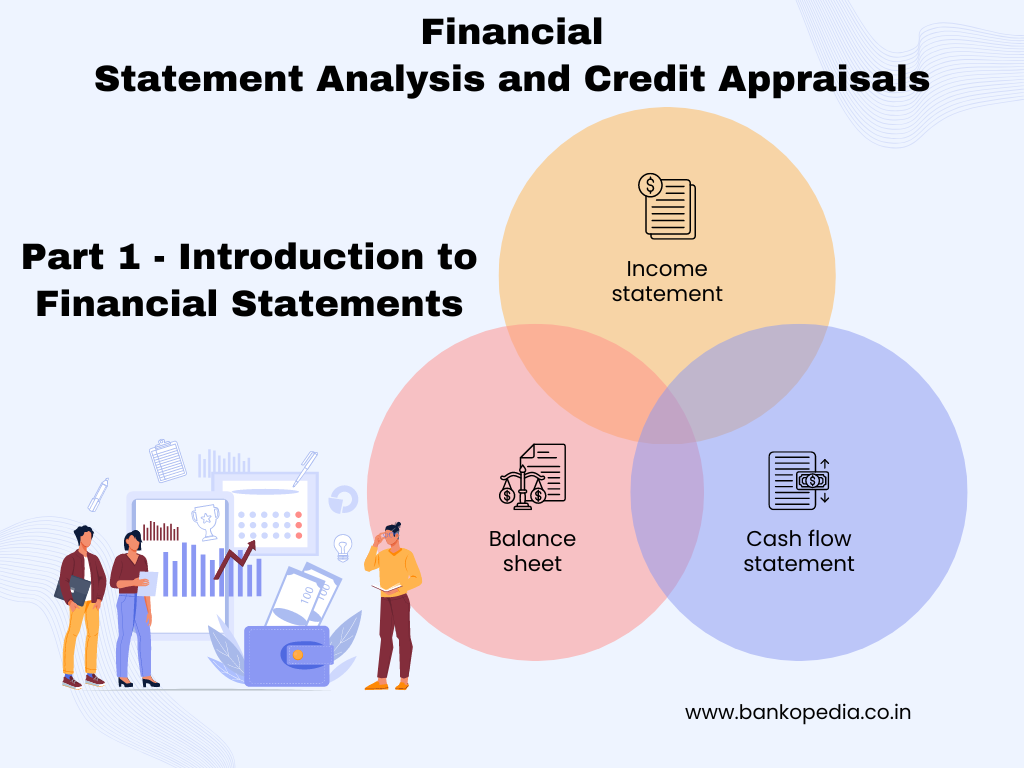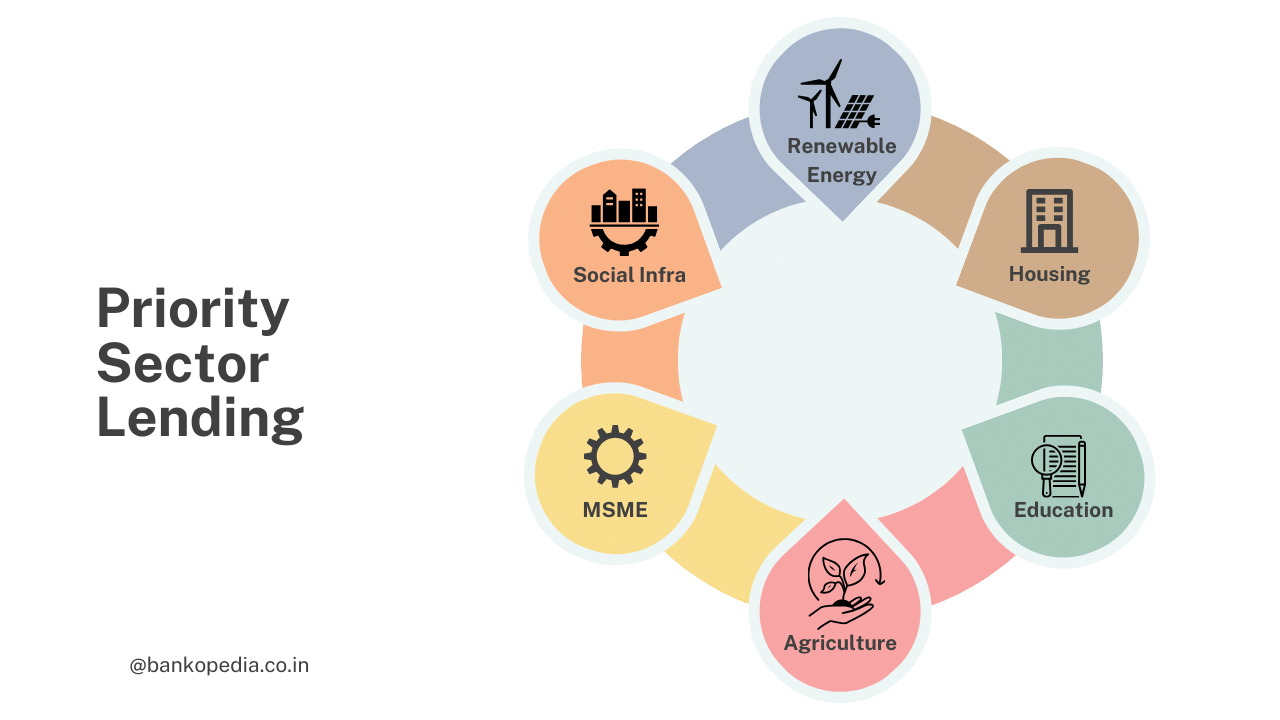
Table of Contents
The Securities and Exchange Board of India (SEBI) serves as the cornerstone of India’s financial market regulation, established in 1992 with the primary goal of protecting investor interests and regulating securities markets. As the regulatory body for securities and commodity markets in India, SEBI’s responsibilities extend across various facets of the financial sector, making it a vital entity similar to the Securities and Exchange Commission (SEC) in the U.S.

A deep dive into the functions and responsibilities of SEBI reveals its pivotal role in ensuring the smooth operation of the stock market, safeguarding the securities of millions, and maintaining market integrity. The agency’s extensive organizational structure enables it to effectively fulfill its objectives and enforce regulations, advocating for transparency and fairness in India’s securities exchanges. This article aims to explore the intricate details of SEBI’s key functions, its powers and regulations, and how it shapes the landscape of the securities market in India, contributing significantly to the financial stability and growth of the economy.
History and Evolution of SEBI
The Securities and Exchange Board of India (SEBI), pivotal in regulating India’s securities market, has undergone significant transformations since its inception. Here’s a concise timeline and key developments:
- Initial Formation and Statutory Status:
- April 12, 1988: SEBI was first constituted as a non-statutory body, primarily to regulate the securities market and protect investor interests.
- January 30, 1992: It was endowed with statutory powers through the Securities and Exchange Board of India Act, 1992, marking its official establishment as a statutory regulatory authority.
- Regulatory Enhancements andMarket Reforms:
- 1996: Introduction of the Depositories Act, aimed at making the markets electronic and paperless, thereby streamlining disclosure requirements.
- 2014: SEBI was granted enhanced regulatory powers, including the authority to conduct search and seizure operations and impose stringent penalties for market manipulation and insider trading.
- Responsive Measures to Market Dynamics:
- SEBI has been proactive in adapting to global financial challenges, including the global financial meltdown and corporate scandals, notably the Satyam fiasco. These events underscored the need for robust regulatory measures, to which SEBI responded with swift and decisive actions to safeguard market integrity and investor interests.
Through these milestones, SEBI has solidified its role as a guardian of the securities market, continually evolving to address the complexities of a dynamic financial landscape.
Objectives of SEBI
The Securities and Exchange Board of India (SEBI) has a multifaceted role in the securities market with objectives that span across investor protection,market regulation, and promotion of fair practices. These objectives are critical in ensuring the market’s integrity, transparency, and efficiency.
- Investor Protection and Market Regulation:
- SEBI’s paramount objective is to safeguard the interests of investors by ensuring they have access to accurate and timely information about securities. This involves formulating regulations that govern the conduct of various market participants, including brokers, sub-brokers, and mutual funds, to protect investors from fraudulent and unfair trade practices.
- The prevention of insider trading is a key focus area, with SEBI implementing stringent regulations to maintain a level playing field for all market participants.
- Promotion of Fair Practices and Market Development:
- SEBI promotes fair and transparent practices within the securities market, ensuring that issuers of securities can operate in a safe and transparent environment. This includes enforcing a code of conduct for financial intermediaries and investigating malpractices to maintain market integrity.
- In addition to regulation, SEBI also plays a vital role in the development of the securities market by encouraging the adoption of best practices and facilitating market expansion through innovation and education.
- Regulatory Authority and Oversight:
- SEBI’s regulatory authority extends over various segments of the financial market, including stock exchanges, mutual funds, portfolio managers, and investment advisers. This comprehensive oversight is crucial in monitoring and regulating the securities market to prevent fraudulent practices, develop a code of conduct for financial intermediaries, and balance statutory regulations with self-regulation.
Through these objectives, SEBI aims to create an atmosphere that makes the securities market more efficient, smooth, and attractive to financial industry enthusiasts, ultimately contributing to the overall stability and growth of India’s capital market.
Organizational Structure of SEBI
The Securities and Exchange Board of India (SEBI) operates with a comprehensive organizational structure designed to efficiently manage and regulate the securities market. This structure is detailed as follows:
- Board Composition:
- Chairman: The leader of SEBI, providing strategic direction.
- Members from Union Finance Ministry: Two officials contribute to integrating financial market regulations with national economic policies.
- Reserve Bank of India (RBI) Member: Ensures coordination between monetary policy and securities regulation.
- Union Government Nominees: Five members nominated by the government, focusing on various aspects of the securities market.
- Key Departments and Divisions:
- Department of Economic and Policy Analysis & Market Regulation: Analyzes market trends and formulates regulatory policies.
- Department of Legal Affairs & Surveillance: Oversees legal compliance and monitors market activities to prevent malpractices.
- Information Technology and Human Resources Departments: Support SEBI’s operations with technology solutions and personnel management.
- Investment Management and Foreign Investment Departments: Regulate mutual funds and foreign investments, ensuring transparency and investor protection.
- Operational Mechanisms:
- Regular Board Meetings: Facilitate decision-making on critical market regulations and policies.
- Committees: Including the Technical Advisory Committee and the Primary Market Advisory Committee, these groups provide specialized insights for policy formulation.
SEBI’s headquarters in Mumbai, along with regional offices in New Delhi, Ahmedabad, Kolkata, and Chennai, underscore its nationwide reach and the pivotal role it plays in the securities market’s regulation and development. This structured approach enables SEBI to effectively oversee securities exchanges, safeguard investor interests, and ensure the market’s integrity.
Key Functions of SEBI
The Securities and Exchange Board of India (SEBI) plays a critical role in the oversight and development of the securities market, with its functions categorized into protective, regulatory, and developmental aspects. These functions are designed to safeguard investor interests, ensure market integrity, and foster market growth.
Protective Functions:
- Prohibition of insider trading to maintain a level playing field for all investors.
- Promotion of fair trade practices and prevention of malpractices such as price rigging.
- Ensuring accurate and timely information is available to investors to make informed decisions.
Regulatory Functions:
- Formulation and enforcement of rules and regulations for financial entities, including stock exchanges and intermediaries.
- Oversight of company takeovers and acquisitions, ensuring compliance with legal standards.
- Conducting inquiries and audits of stock exchanges to uphold market integrity.
Developmental Functions:
- Facilitating training and education for market intermediaries to enhance their competence.
- Promoting the dematerialization of securities to streamline trading and settlement processes.
- Encouraging the institutionalization of trading to broaden market participation.
Through these functions, SEBI not only regulates but also actively contributes to the development and efficiency of India’s securities market, ensuring it remains robust, transparent, and investor-friendly.
SEBI’s Powers and Regulations
The Securities and Exchange Board of India (SEBI) is endowed with a comprehensive array of powers and responsibilities, instrumental in regulating and overseeing the securities market in India. These powers are broadly classified into three categories, enabling SEBI to effectively enforce regulations, conduct investigations, and ensure the market’s integrity and fairness.
- Quasi-Judicial Powers:
- SEBI has the authority to adjudicate disputes and pass rulings in matters concerning the securities market.
- It can impose penalties on entities violating the SEBI Act or regulations.
- Quasi-Executive Powers:
- SEBI can conduct investigations into any affairs of the securities market.
- It has the power to issue search warrants and arrest without warrant individuals suspected of violating the Act.
- Quasi-Legislative Powers:
- SEBI drafts regulations that govern the securities market.
- It approves by-laws of securities exchanges and sets benchmarks for financial instruments.
SEBI’s regulations encompass a wide range of guidelines aimed at protecting investors and ensuringmarket transparency. Key regulations include:
- SEBI (Prohibition of Insider Trading) Regulations, 2015: Aims to prevent insider trading.
- SEBI (Listing Obligations andDisclosure Requirements) Regulations, 2015: Ensures companies disclose accurate and timely information.
- SEBI (Substantial Acquisition of Shares and Takeovers) Regulations, 2011: Governs company takeovers and share acquisitions.
Through these powers and regulations, SEBI ensures a stable, transparent, and efficient securities market, safeguarding investor interests and promoting fair trade practices.
Conclusion
Throughout this exploration of the Securities and Exchange Board of India (SEBI), we have delved into its pivotal roles and responsibilities, highlighting its comprehensive structure and multifaceted approach to regulating India’s securities market. From its inception and statutory empowerment to its protective, regulatory, and developmental functions, SEBI stands as a robust guardian of market integrity,investor protection, and the promotion of fair trading practices. Its vigilant oversight and adaptive policy measures ensure the resilience and growth of the financial market, maintaining a balance between regulation and market freedom, which is crucial for economic stability.
The significant implications of SEBI’s actions on the securities market underscore the essential nature of continuous research and development in financial regulations to address evolving market challenges. As we acknowledge SEBI’s contributions to creating a transparent, fair, and efficient market, it is imperative for stakeholders to remain informed and engaged with the evolving landscape of securities regulations. For those keen on staying updated with the latest insights and developments in the financial market, you are encouraged tofollow Bankopedia for more. Engaging with such resources not only deepens understanding but also empowers individuals and institutions to navigate the complexities of the securities market more effectively.
FAQs
What is the primary purpose of the Securities and Exchange Board of India (SEBI)?
The Securities and Exchange Board of India (SEBI) is integral to the Indian financial landscape, with its main purpose being to oversee the securities market. Its responsibilities include ensuring market transparency, safeguarding investor interests, and overseeing the activities of market intermediaries such as stockbrokers, sub-brokers, and portfolio managers.
Can you outline the four main protective functions of SEBI?
SEBI’s protective functions are critical for maintaining market integrity. These include:
- Banning insider trading, which involves the unauthorized trading of securities by individuals with access to non-public information.
- Encouraging fair trading practices within the securities market.
- Deterring market malpractices, including price manipulation.
- Educating investors about finances to make informed decisions.
What are some of the key functions of SEBI ?
SEBI’s key functions are to:
- Safeguard the interests of investors in the securities market.
- Oversee the securities market in India.
- Register various market entities like depositories, investment schemes, and mutual funds.
- Promote essential education for investing in the securities markets.











17 thoughts on “SEBI – Securities and Exchange Board of India: A Deep Dive into its Functions and Responsibilities”